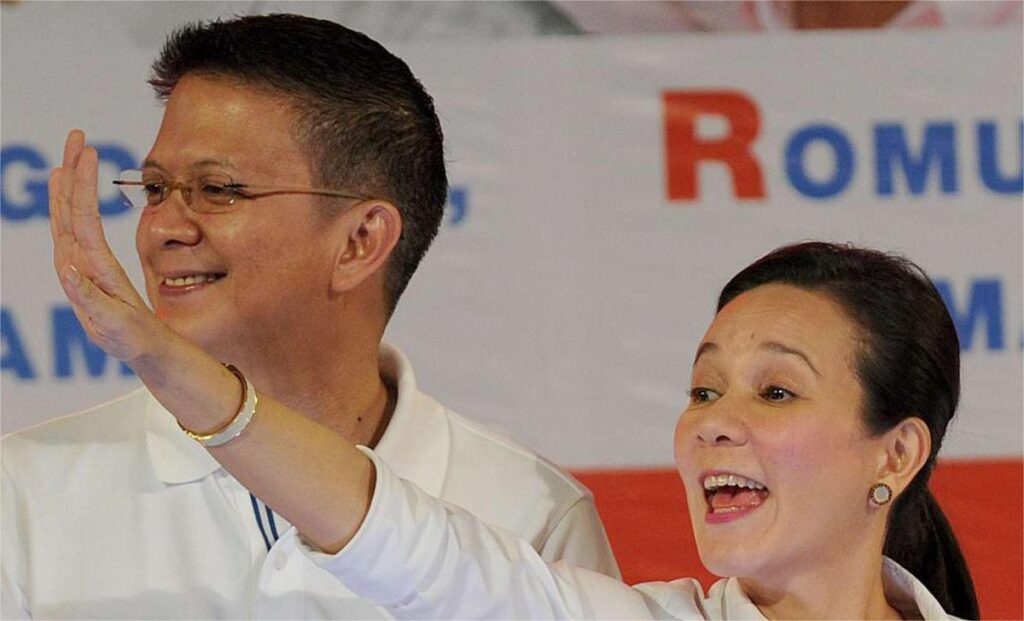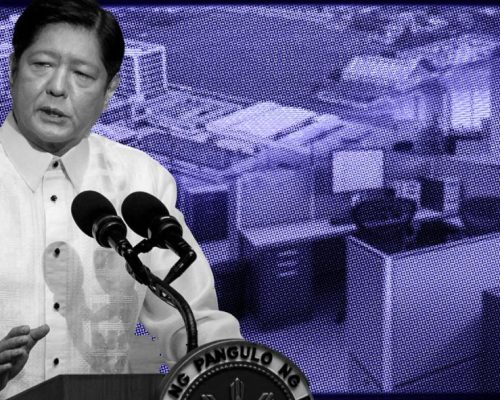Senate President Francis “Chiz” Escudero and Finance Committee Chairperson Grace Poe emphasized on Wednesday that Malacañang’s move to delay the signing of the 2025 General Appropriations Bill (GAB) underscores the government’s checks and balances and reflects the health of Philippine democracy.
“It’s part of the legislative process and the system of checks and balances in our Constitution,” Escudero explained when asked about the deferment.
He added, “The Executive is well within its rights and prerogatives to review, study, and make line-item vetoes—as is typically done every year with the General Appropriations Bill—given its length, complexity, and detail.”
Poe echoed his sentiments, stressing the importance of the President’s role in assessing the budget. “This is a sign of a healthy democracy. We have to support the checks and balances of our budgetary process,” she said.
Poe also pointed out the critical role of the budget in shaping the country’s economy. “I believe his economic managers are giving the President the best advice possible given the situation. The GAA is the most important piece of legislation that can determine our economic stability and GDP growth in 2025,” she noted.
Earlier in the day, Executive Secretary Lucas Bersamin announced that President Ferdinand “Bongbong” Marcos Jr. postponed the ceremonial signing of the 2025 GAB, originally scheduled for December 20, to allow for a more thorough evaluation.
“The scheduled signing of the General Appropriations Act on December 20 will not push through to allow more time for a rigorous and exhaustive review of a measure that will determine the course of the nation for the next year,” Bersamin said in a statement.
Bersamin explained that Marcos is consulting with major department heads in an ongoing review. “While we cannot yet announce the date of the signing, we can now confirm that certain items and provisions of the national budget bill will be vetoed in the interest of public welfare, to conform with the fiscal program, and in compliance with laws,” he said.
The Congress-proposed 2025 budget has faced criticism, particularly over the P26 billion allocation for the controversial Ayuda sa Kapos ang Kita Program (AKAP), reductions in the Department of Education’s funding, and the absence of a subsidy for the Philippine Health Insurance Corporation (PhilHealth).
Additionally, concerns of potential constitutional violations were raised after the bicameral conference committee reportedly increased the Department of Public Works and Highways’ budget to P1.1 trillion, surpassing the allocation for the education sector.
Observers note that Malacañang’s scrutiny of the 2025 GAB reflects the Executive’s responsibility to ensure that the budget aligns with national priorities and fiscal discipline.











